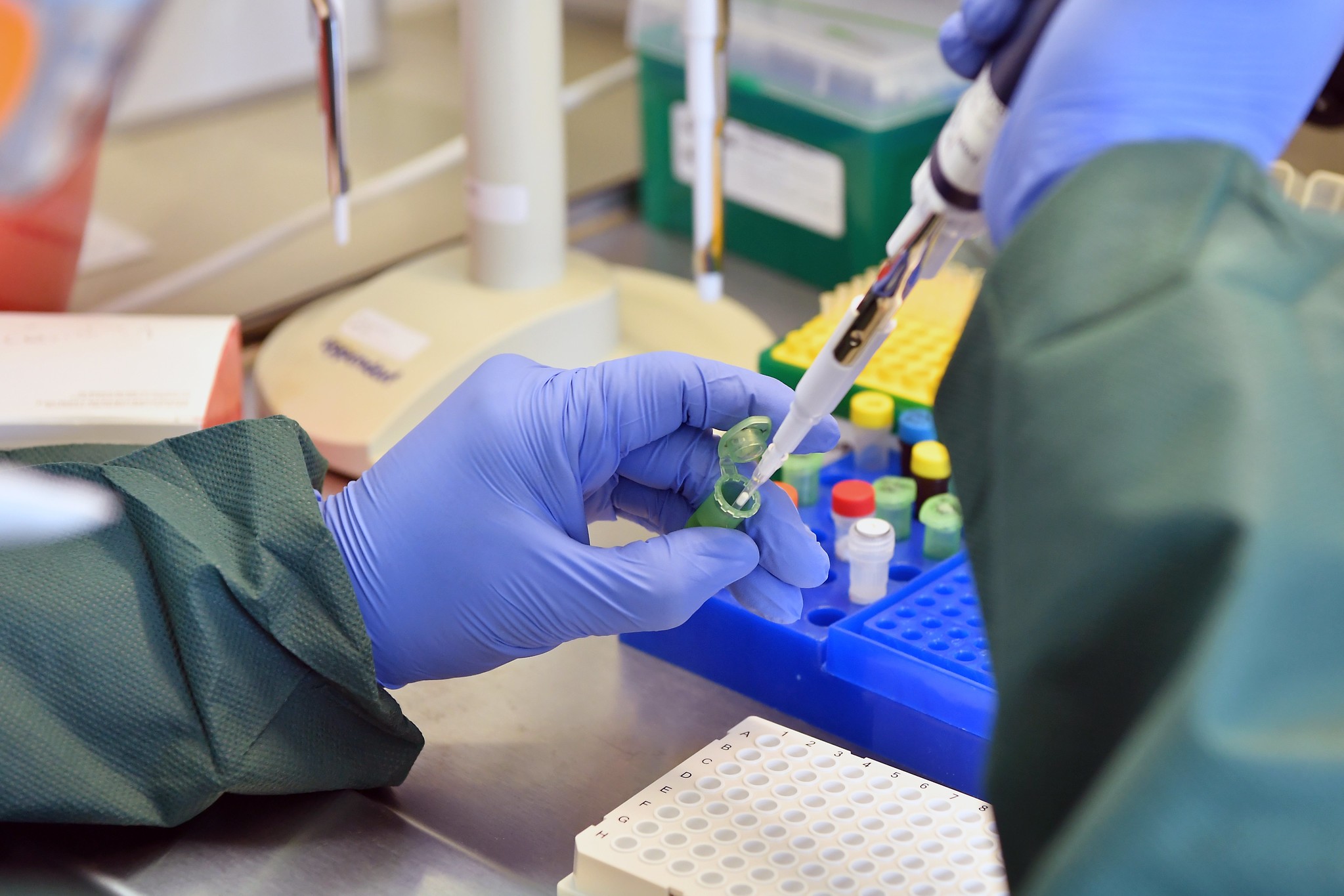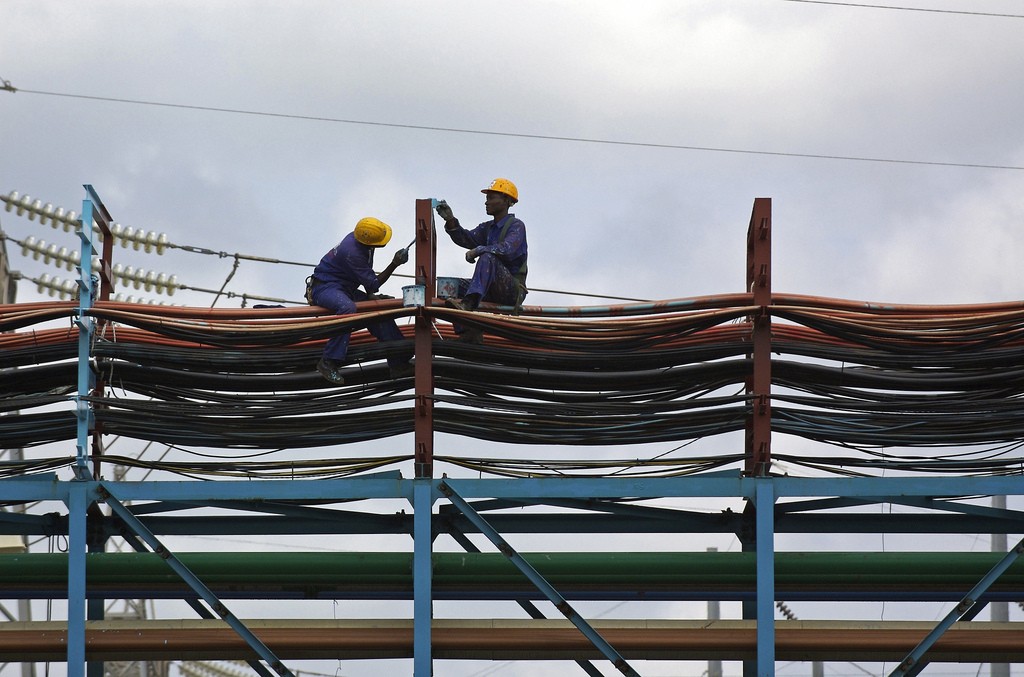Ghana has a stable democracy with vibrant political participation. Nonetheless, the country is still grappling politically and economically with the effects of the COVID-19 pandemic and Russia’s invasion of the Ukraine. Additionally, the political landscape has been dominated by internal party primaries, several by-elections, and constitutional debates concerning dual citizenship as well as representation in the country.
After years of severe economic and financial crisis, the Ghanian government has received a financial bailout from the IMF as its debt burden is regarded as being unsustainable. To spur economic growth, the government has introduced several policies. Meanwhile, the country’s economy grew with a growth rate of 5.1% in 2021 and 3.1% in 2022. However, Ghana’s economy remains highly susceptible to external shocks.
Corruption and economic mismanagement have deepened inequality in the country in the last years. Along with other stakeholders, the government must develop sustainable policies to address these systemic challenges.

